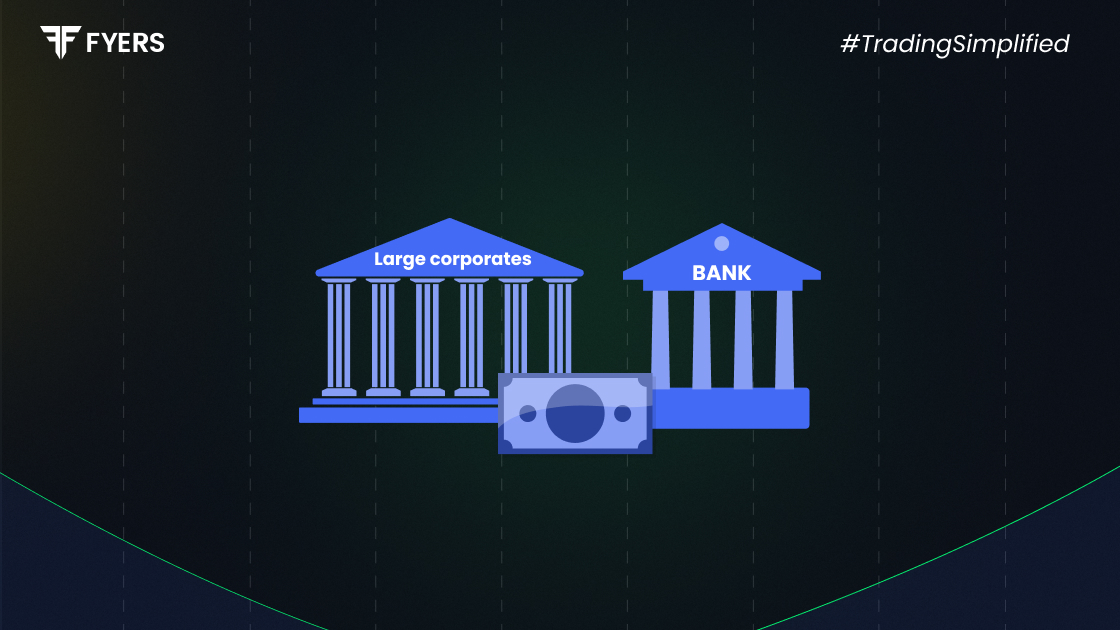

 18 Jun, 2025
18 Jun, 2025
 2 mins read
2 mins read

Money market instruments are short-term debt instruments that help in borrowing and lending funds for durations typically up to one year. These instruments are widely used by governments, banks, and corporations to manage short-term liquidity needs and are known for their safety, liquidity, and low-risk profile. For investors, they offer a secure way to park surplus funds while earning modest returns.
Money market instruments are financial tools used for short-term funding needs. They are issued at a discount and redeemed at face value upon maturity. These instruments are highly liquid, low-risk, and often used by institutions to manage working capital efficiently.
Common users include banks managing cash flows, corporations meeting temporary funding needs, and government bodies stabilising financial operations.
The primary goals of the money market include:
Providing Liquidity: Ensures short-term funds are available for borrowers.
Efficient Cash Management: Helps institutions manage cash surpluses or deficits.
Supporting Monetary Policy: Central banks use it to control money supply and interest rates.
Channelising Savings: Encourages short-term investment of idle funds in the economy.
Price Discovery: Helps determine interest rates based on demand and supply of funds.
Treasury Bills (T-Bills): Issued by the Government of India, these are short-term securities with maturities of 91, 182, or 364 days. They are considered the safest among money market instruments.
Commercial Paper (CP): Unsecured promissory notes issued by companies to raise short-term funds, usually with maturities ranging from 7 days to 1 year.
Certificates of Deposit (CD): Issued by banks, these are time deposits with fixed maturity and interest rates. They are negotiable and transferable.
Call Money: Very short-term loans, typically for one day, used by banks to manage liquidity.
Repurchase Agreements (Repos): Short-term borrowing agreements where securities are sold with a commitment to repurchase them at a later date.
Banker’s Acceptances: A time draft guaranteed by a bank, commonly used in international trade.
Short-Term Maturity: Typically less than one year.
High Liquidity: Easily tradable in the market.
Low Risk: Backed by reputed financial institutions or the government.
Discounted Pricing: Issued at a discount and redeemed at face value.
Interest Rate Sensitive: Returns can fluctuate based on prevailing interest rates.
Capital Preservation: Ideal for risk-averse investors looking to protect their principal.
Liquidity: Quick access to funds when needed.
Predictable Returns: Fixed maturity and returns make them easy to plan for.
Diversification: Help spread risk in an investment portfolio.
Low Entry Barrier: Available through mutual funds or brokerage accounts for retail investors.
Money market instruments play a critical role in the financial system by ensuring liquidity and facilitating short-term borrowing and lending. They are ideal for investors seeking safe, short-term investment options with predictable returns. While traditionally used by institutional players, retail investors can also gain exposure through mutual funds that invest in money market securities.
Money market instruments are primarily used by banks, corporations, financial institutions, and governments to manage short-term cash needs efficiently.
Yes, individuals can invest in money market instruments through money market mutual funds or by purchasing instruments like Treasury Bills via online trading platforms
The minimum investment varies. For example, Treasury Bills usually require a minimum investment of ₹10,000, while money market mutual funds may start as low as ₹500 or ₹1,000.
Calculate your Net P&L after deducting all the charges like Tax, Brokerage, etc.
Find your required margin.
Calculate the average price you paid for a stock and determine your total cost.
Estimate your investment growth. Calculate potential returns on one-time investments.
Forecast your investment returns. Understand potential growth with regular contributions.